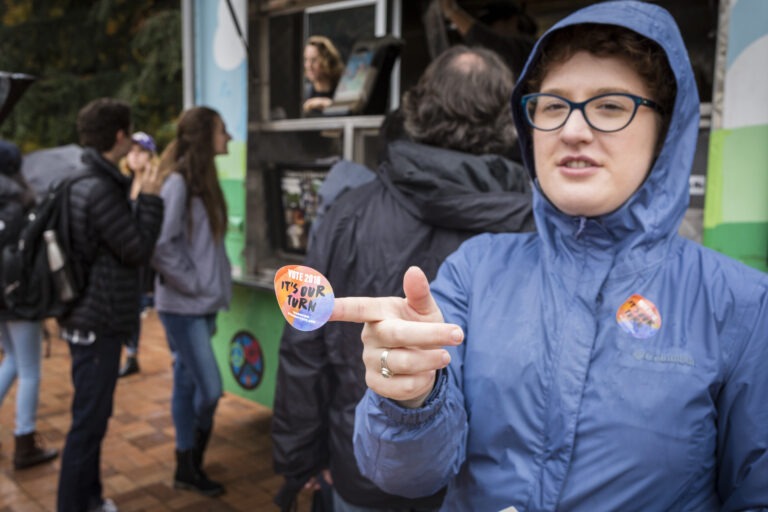Published on October 18, 2024

Reported by Audrey Nguyen for NPR
The 2024 election season is upon us. While Election Day is November 5, early voting started in September in some states. As we wait for the final results to be declared, chances are, you’re going to come across false or misleading information.
To avoid spreading misinformation this election season, here are four things to consider.
We won’t know the full picture the night of November 5
Election rules and procedures vary state by state. Within a state, they can even vary between counties. Some states allow mail-in ballots received before Election Day to be processed in advance. Others leave the processing and counting of mail-in ballots until after the polls close on Election Day.
This means results can shift dramatically over the course of election night, depending on which ballots are counted first. This happened in 2020 when states where then-President Donald Trump seemed to lead shifted in favor of Joe Biden late in the evening.
If you react strongly to new information, pause
It’s normal to have an emotional response to information you encounter online or in the news. But if the information you just received elicits a particularly strong emotion in you, that might be a signal to hit the brakes, said Rachel Moran of the University of Washington’s Center for an Informed Public. “A lot of misleading information is created intentionally to sow confusion or to create an emotional reaction. So if it’s doing that in you, it doesn’t necessarily mean that what you’ve read is wrong, but it is a good cue to sort of slow down,” she said.
We have a desire to see our beliefs reflected back to us, so it’s easy to agree with something if it reinforces our worldview — even if it’s not true, said Hannah Covington, senior director of education content at the News Literacy Project. “When you see information that you just automatically agree with, that’s really a signal to pause and maybe do a quick search.”
Tips for resisting misinformation.